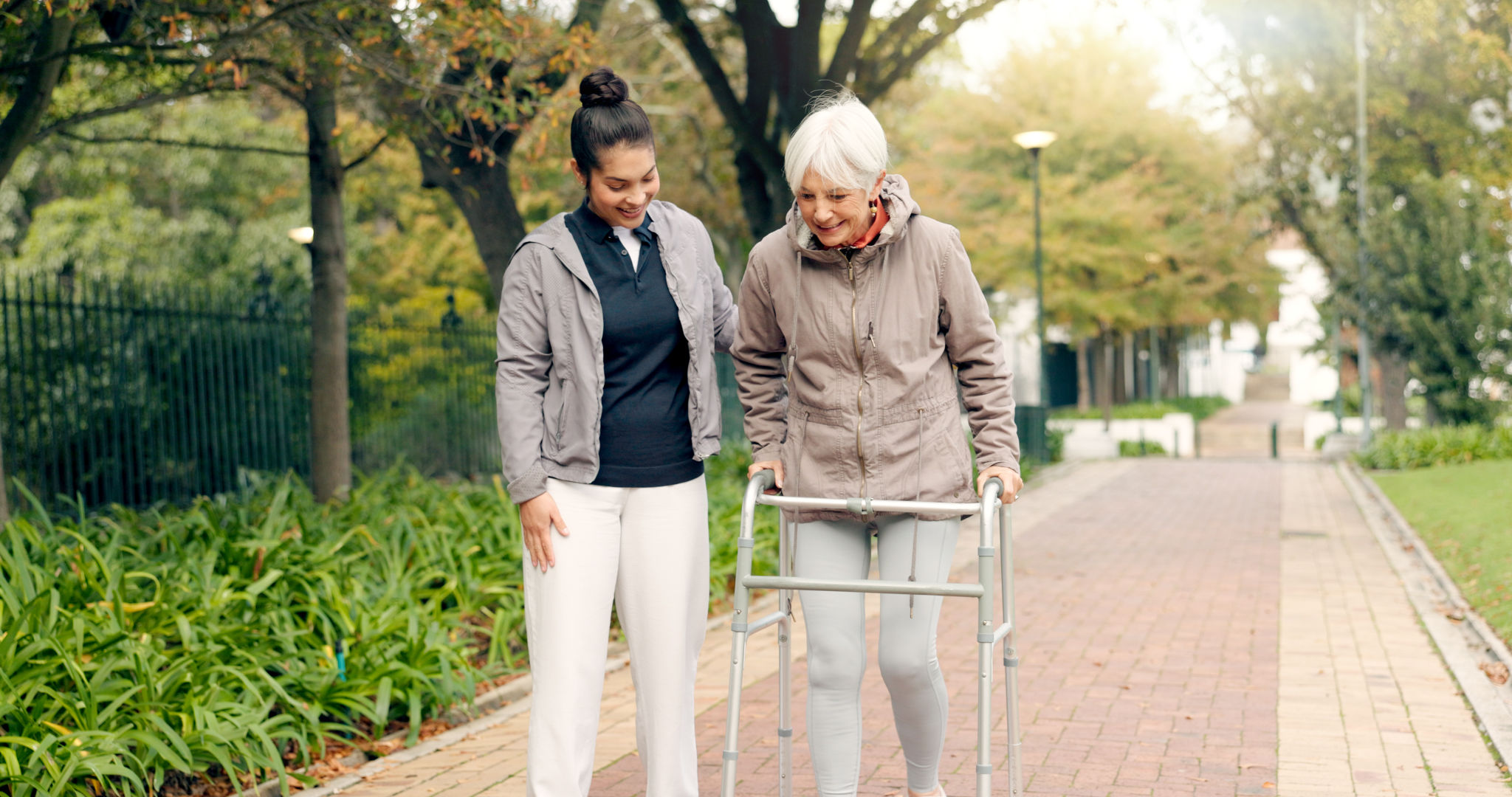Winter Safety Tips for Seniors: A Caregiver’s Guide in Nebraska
Understanding the Risks of Winter
As the winter months set in, seniors in Nebraska face unique challenges that require special attention. The cold weather can pose significant health risks, making it crucial for caregivers to take preventive measures. Awareness and preparation can help ensure that the winter season is safe and enjoyable for elderly loved ones.

Keeping Warm Indoors
One of the most important aspects of winter safety for seniors is maintaining a warm indoor environment. Ensure that the heating systems are functioning efficiently and that homes are well-insulated. Space heaters can be useful, but they should be used with caution to avoid fire hazards. Encourage seniors to dress in layers, even indoors, to retain body heat.
To further enhance warmth, consider using thermal curtains and weatherproofing windows and doors. Rugs and carpets can also help reduce heat loss through floors. It's important to monitor the indoor temperature regularly, keeping it at a comfortable level.
Preventing Falls and Slips
Winter conditions increase the risk of falls due to icy sidewalks and pathways. Caregivers should ensure that all walkways are kept clear of snow and ice. Using sand or salt can improve traction. Additionally, seniors should wear shoes with non-slip soles to prevent slipping.

Inside the home, remove any tripping hazards such as loose rugs or clutter. Install grab bars in areas like the bathroom where falls are more likely to occur. Adequate lighting is also essential to help seniors navigate safely around their homes.
Monitoring Health and Nutrition
The cold weather can exacerbate certain health conditions, making it vital to keep a close eye on seniors' health. Regular check-ups with healthcare providers are important during winter. Ensure that they have access to all necessary medications and that prescriptions are refilled promptly.
Nutrition is also crucial during the winter months. Encourage a balanced diet rich in vitamins and minerals to boost the immune system. Warm meals and drinks can help maintain body temperature and provide comfort during chilly days.

Staying Connected
Isolation during the winter can be a concern for many seniors. Encourage regular communication with family and friends through phone calls or video chats. Keeping socially connected helps improve mental well-being, reducing feelings of loneliness and depression.
If possible, arrange for regular visits or outings when weather permits. Community centers often offer activities that can engage seniors, providing both social interaction and physical activity.
Emergency Preparedness
Having an emergency plan is essential during the unpredictable winter months. Caregivers should ensure that seniors have easy access to emergency contacts and medical information. Stock up on essential supplies such as non-perishable food, water, and medications in case of severe weather conditions.
Consider investing in an emergency generator for power outages and ensure that flashlights, batteries, and other emergency equipment are accessible and in working order.
Conclusion
Caring for seniors during the winter in Nebraska requires diligence and proactive measures. By focusing on warmth, safety, health, social connections, and emergency preparedness, caregivers can help ensure that their loved ones remain safe and comfortable throughout the season.